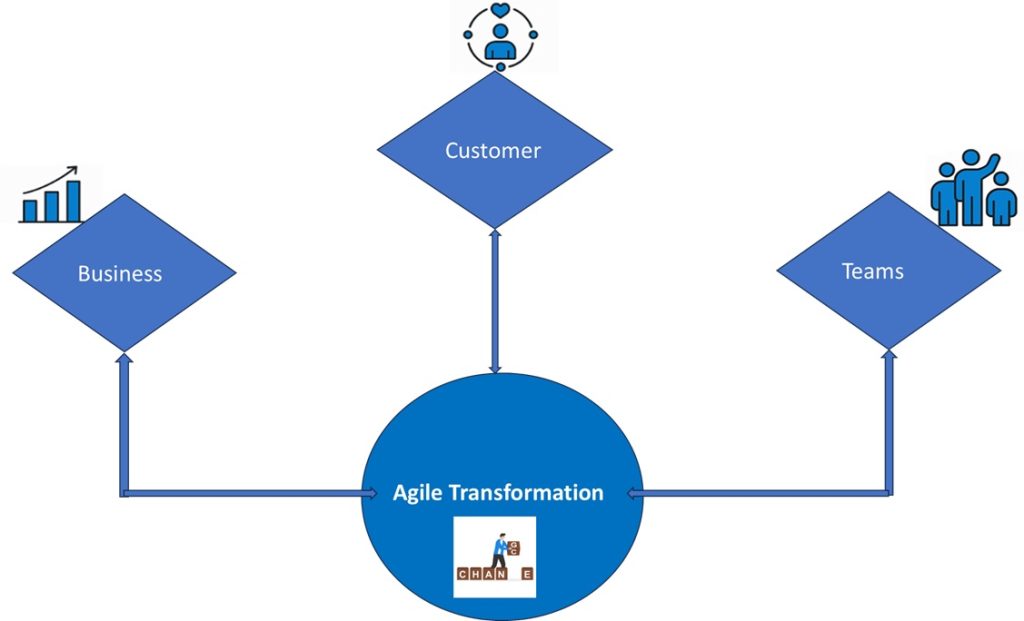Problem –
Shiva is the scrum master of a newly formed scrum team. Team members are new to each other but they are enthusiastic and motivated. To sort out any teething problems quickly , the team has adopted a buddy system where two members are paired and they help each other in sorting out any problems faced . Nitin a senior member with 3 years of experience is paired with Ved who is a fresher having joined the organization recently. One day, Nitin approaches Shiva for a discussion. He says that Ved is weak in design and needs significant help. Nitin suggests that it would be better if he only does the design and gets Ved to code and test. How do you think Shiva should handle this issue?
Suggested solution :
Shiva’s approach to this issue needs attention to both immediate project success and long-term team development. The key steps would be:
- Skill Assessment and Training:
- Acknowledge that Ved lacks some necessary design skills. Shiva should work with Nitin to identify the specific areas where Ved needs improvement.
- Arrange targeted training for Ved in these areas. This could be formal training sessions or guided learning through resources like design guidelines, checklists, and best practices documents.
- Mentorship and Collaborative Learning:
- After Ved has undergone initial training, Shiva should encourage a mentorship approach where Nitin continues to work with Ved on design tasks. Nitin can review Ved’s work, providing constructive feedback and helping him refine his skills.
- Celebrate Ved’s successes and progress to boost his confidence. This positive reinforcement will motivate Ved to continue improving.
- Balancing Short-term Needs with Long-term Goals:
- If there is immediate pressure to deliver, Shiva may consider adopting Nitin’s suggestion temporarily—allowing Nitin to focus on design while Ved handles coding and testing. However, this should be seen as a short-term measure.
- Shiva should set a clear plan to transition Ved into more design responsibilities as soon as feasible, ensuring that Ved continues to develop his skills in this area.
- Fostering a Growth Mindset:
- Throughout this process, it’s important for Shiva to foster a growth mindset within the team. Emphasize that everyone has areas for improvement and that the team’s goal is to learn and grow together.
By taking this approach, Shiva not only addresses the immediate challenge but also invests in Ved’s growth, ensuring that the team becomes more capable and self-sufficient in the long run.





